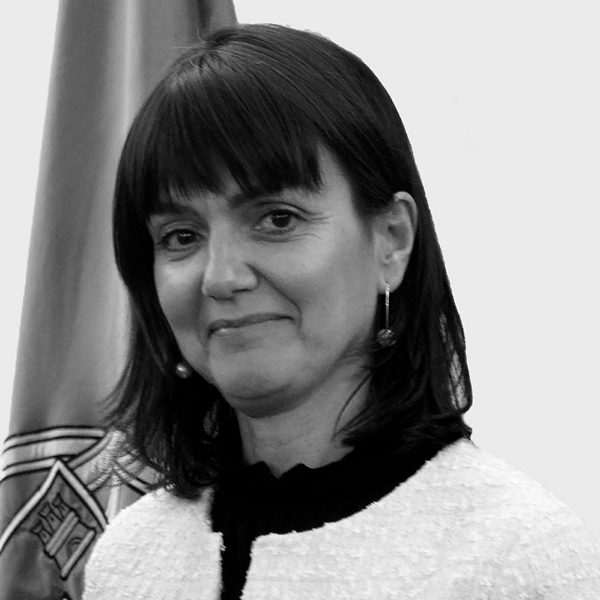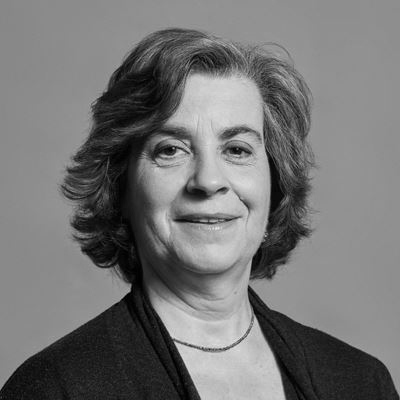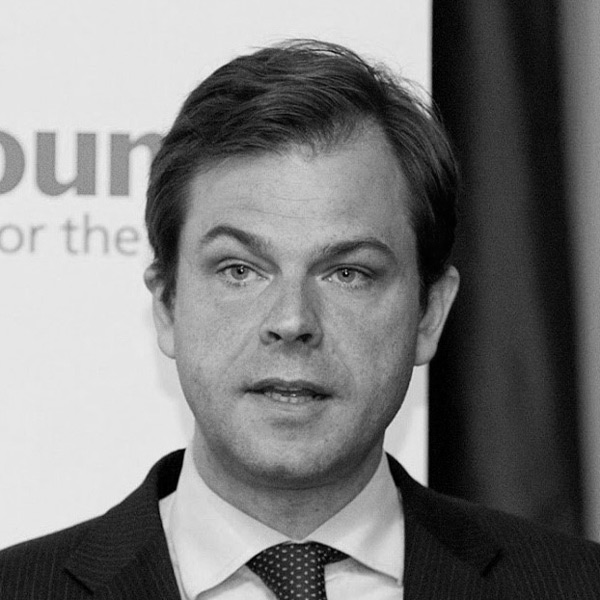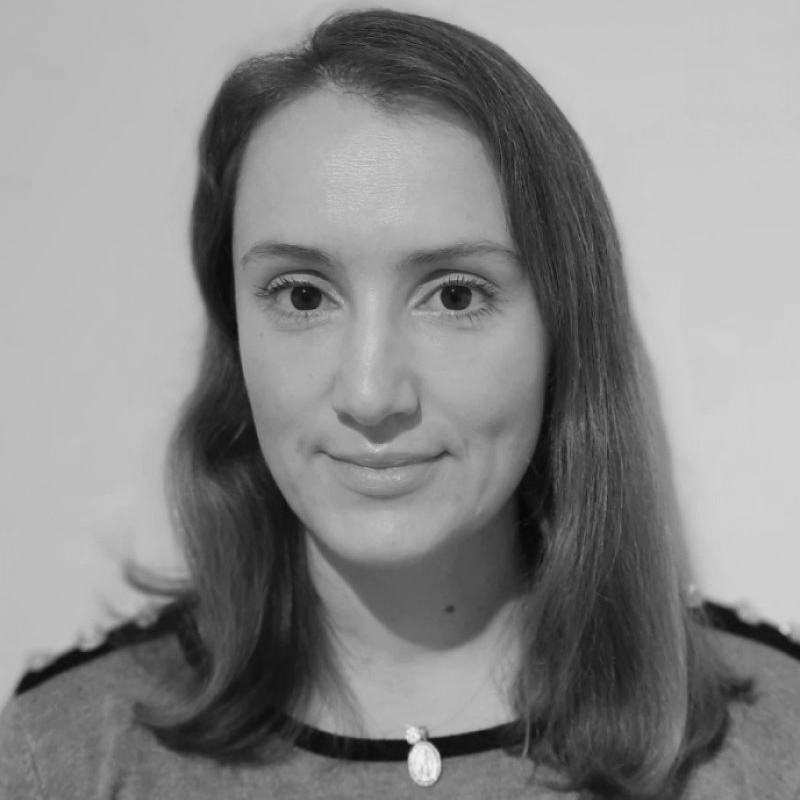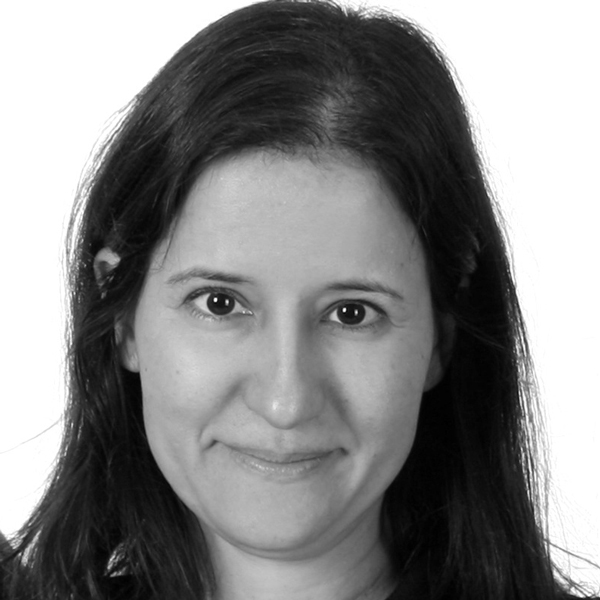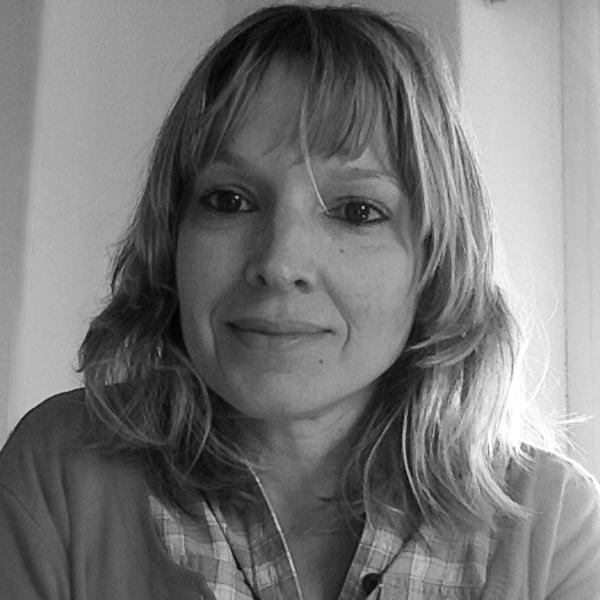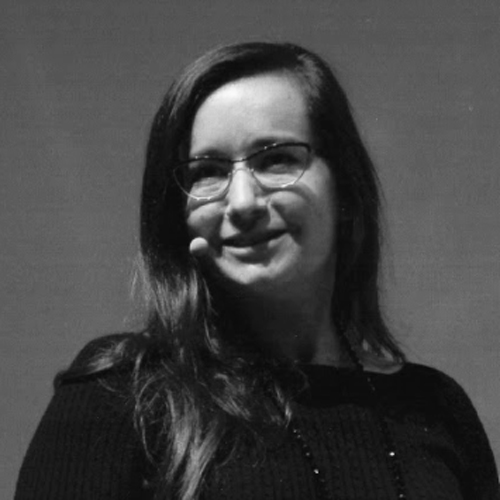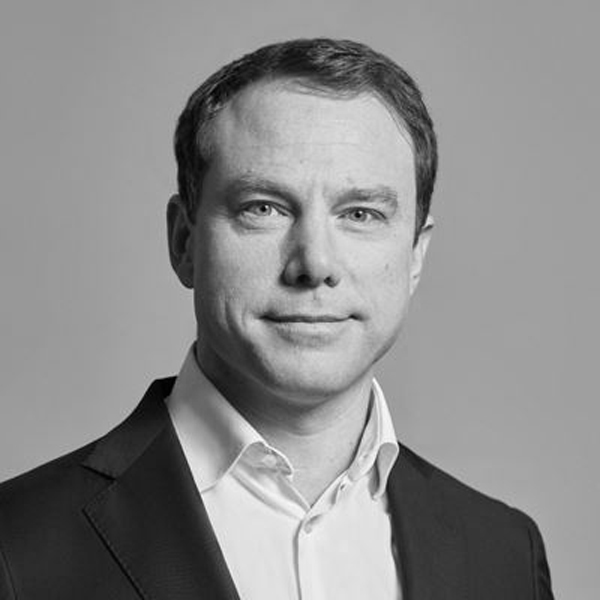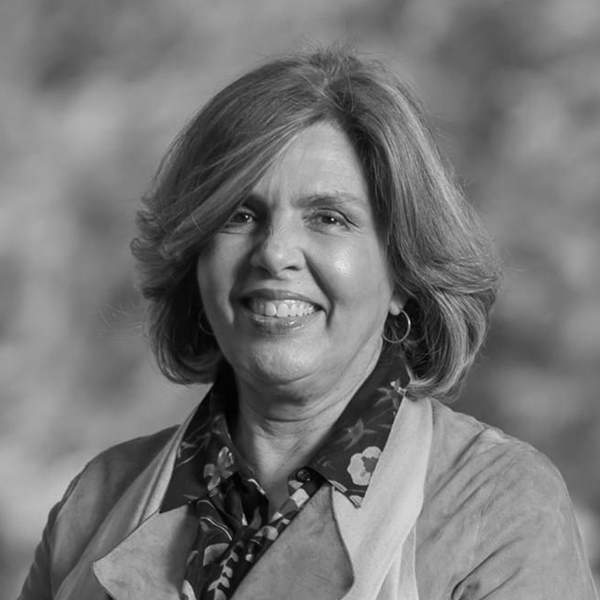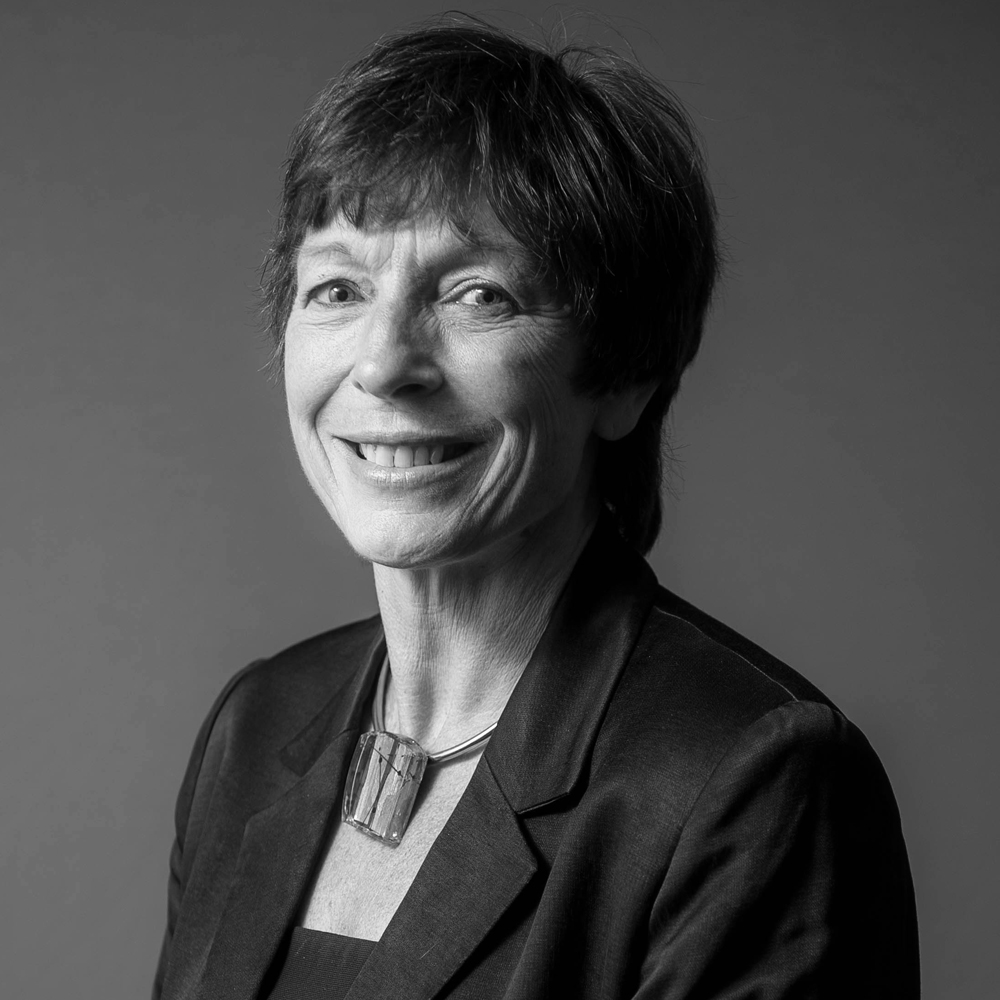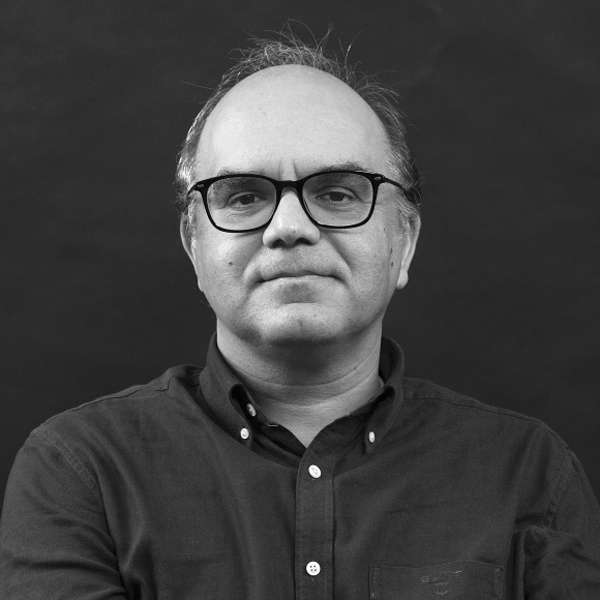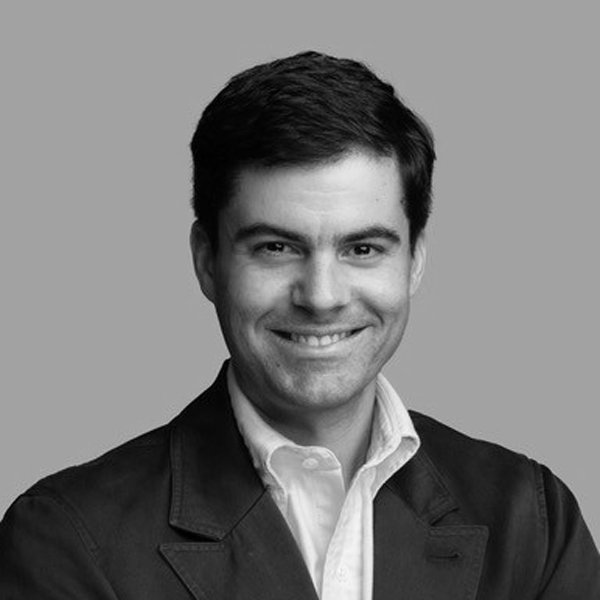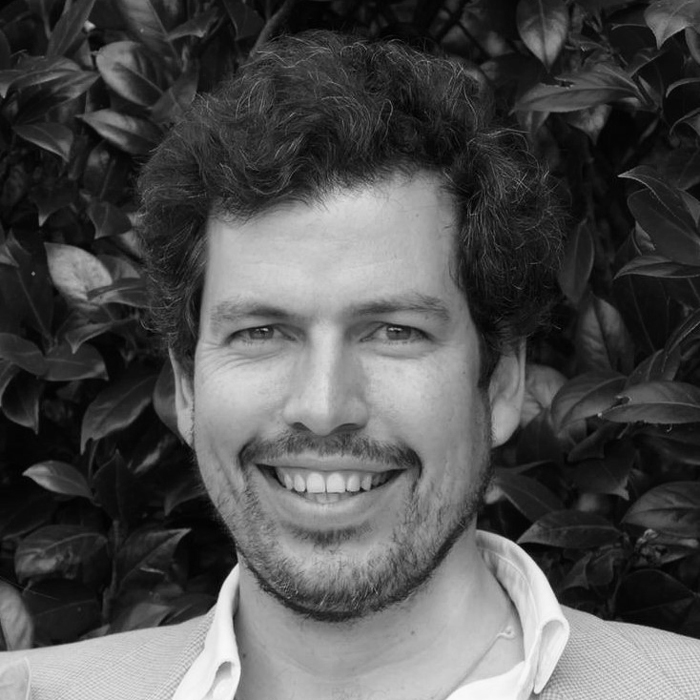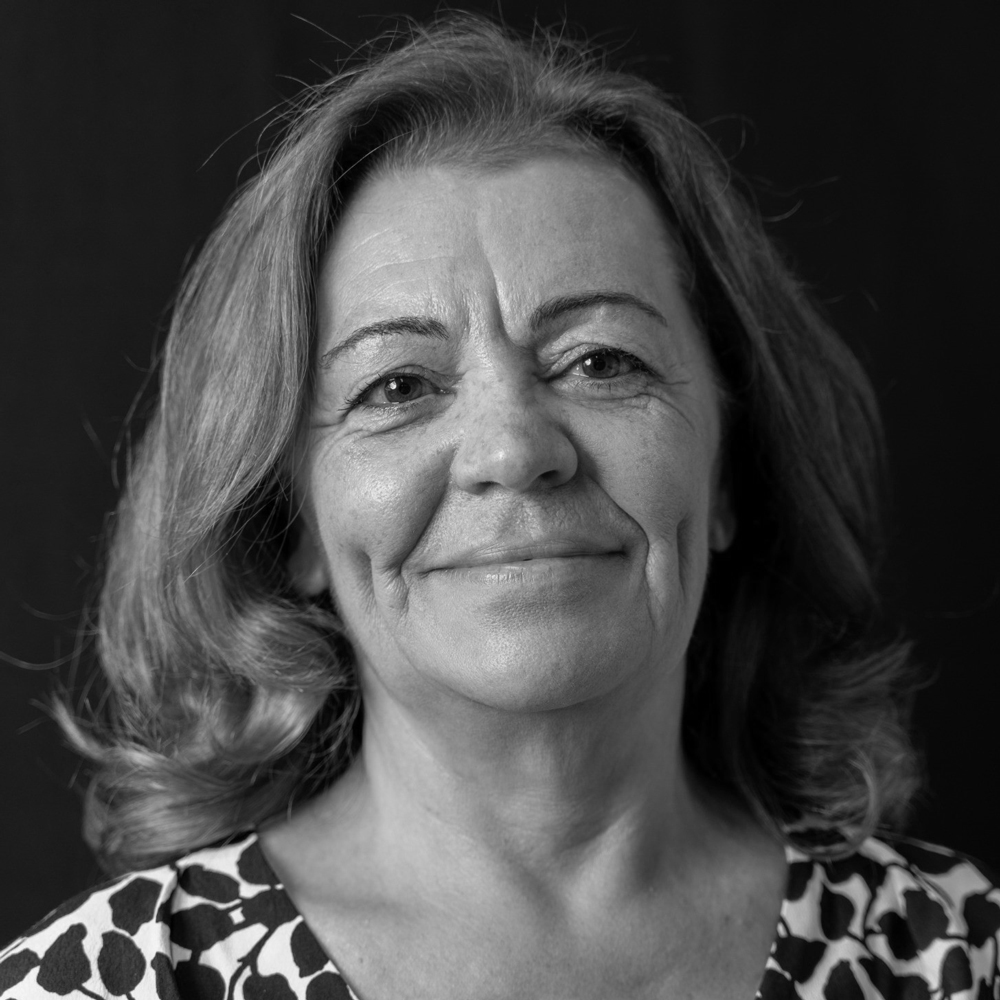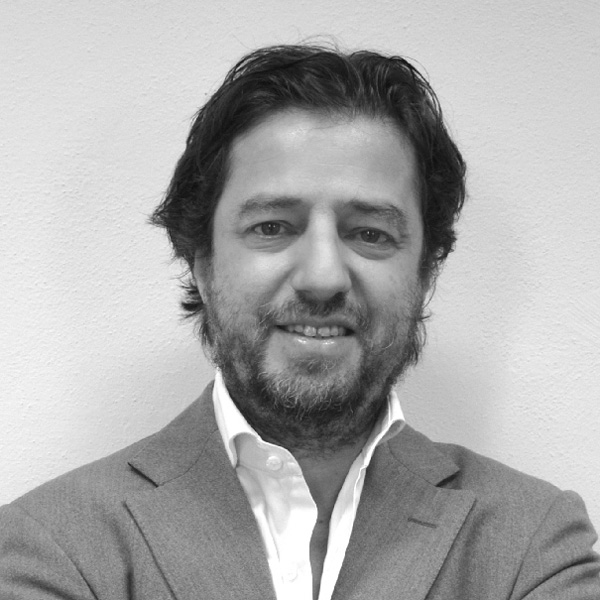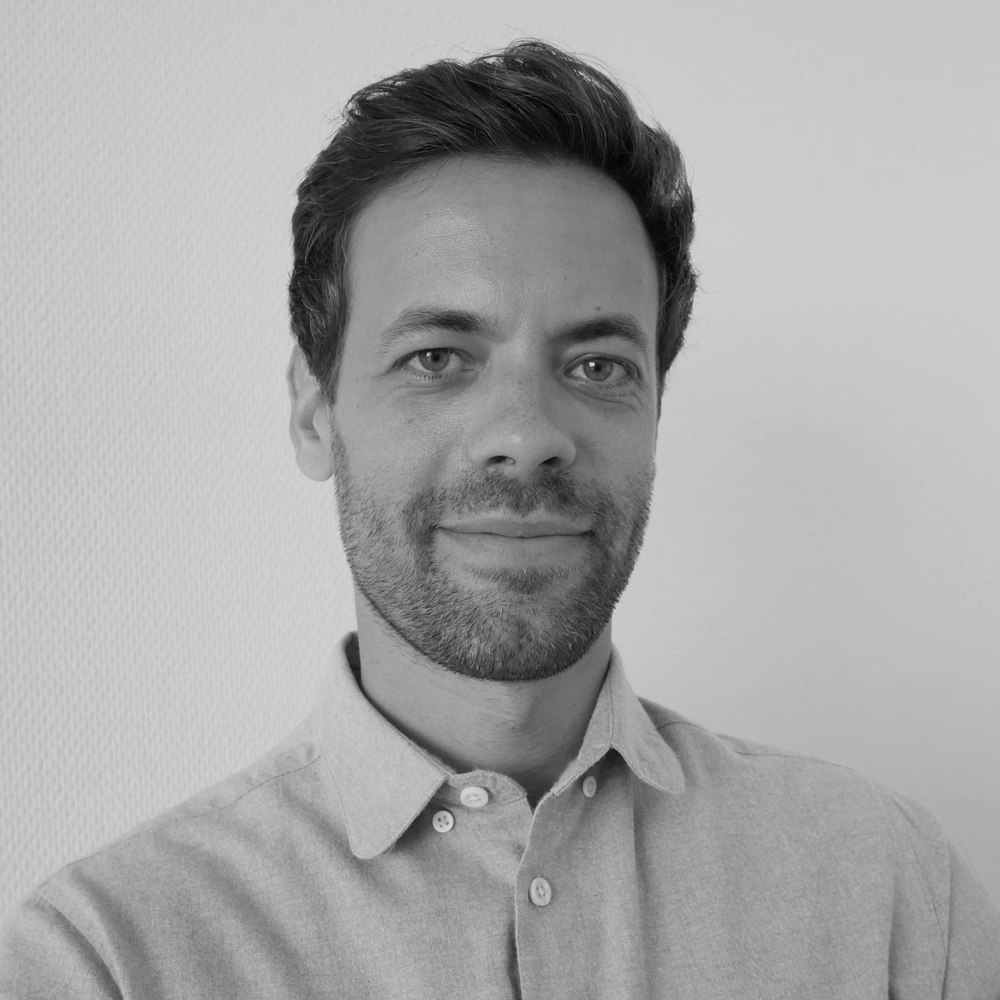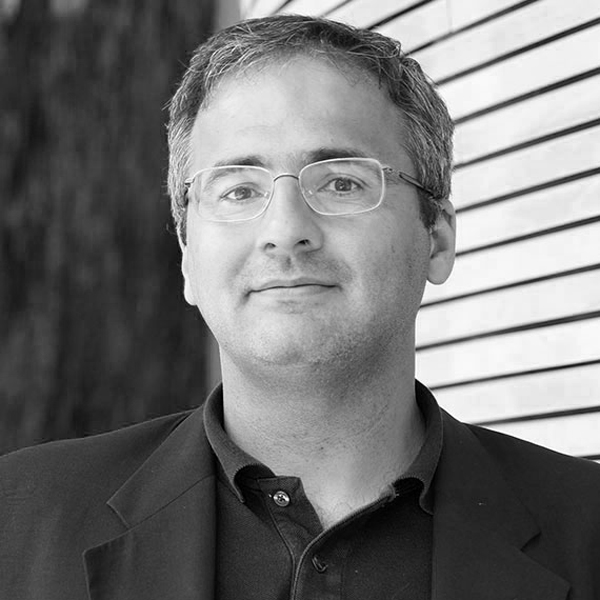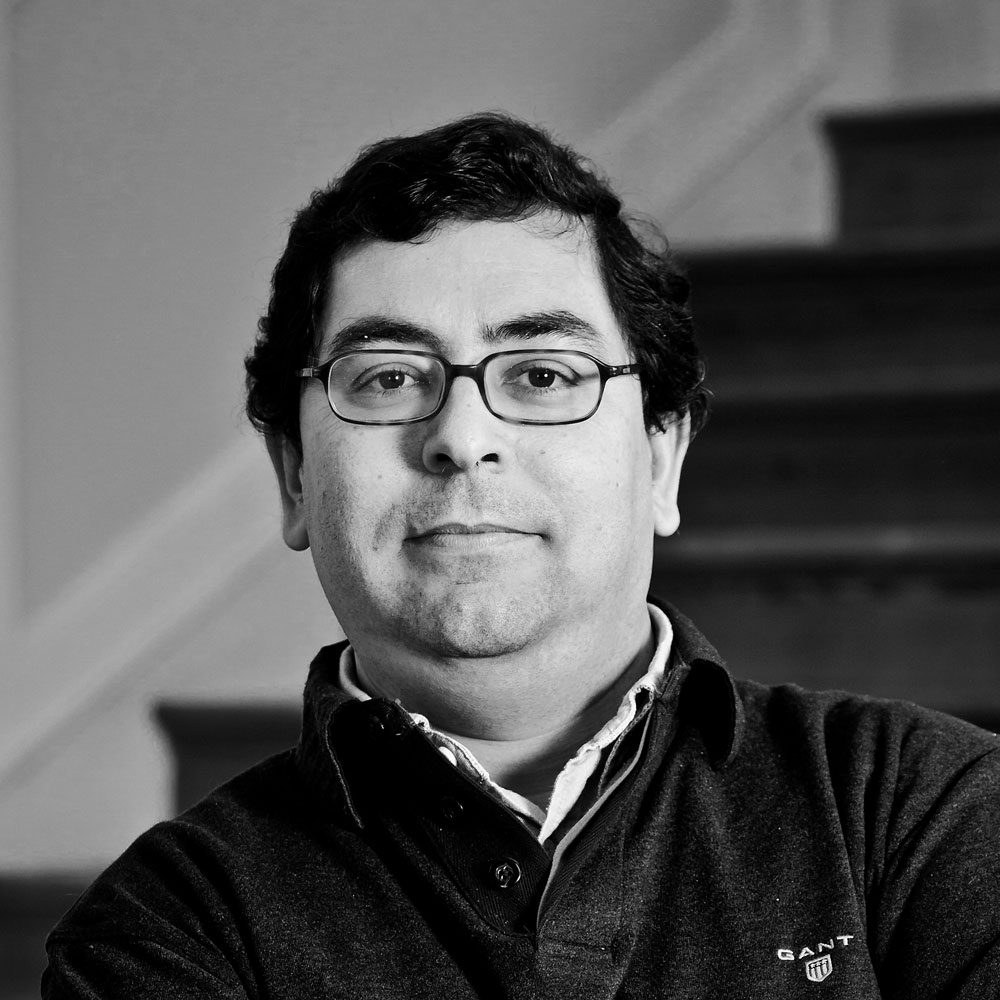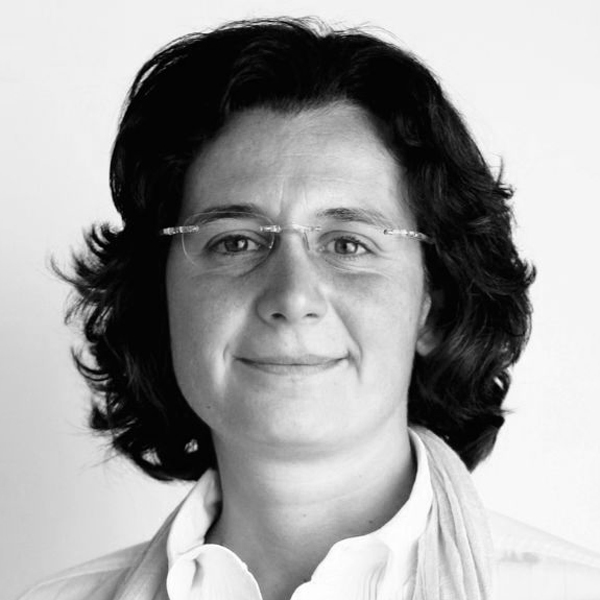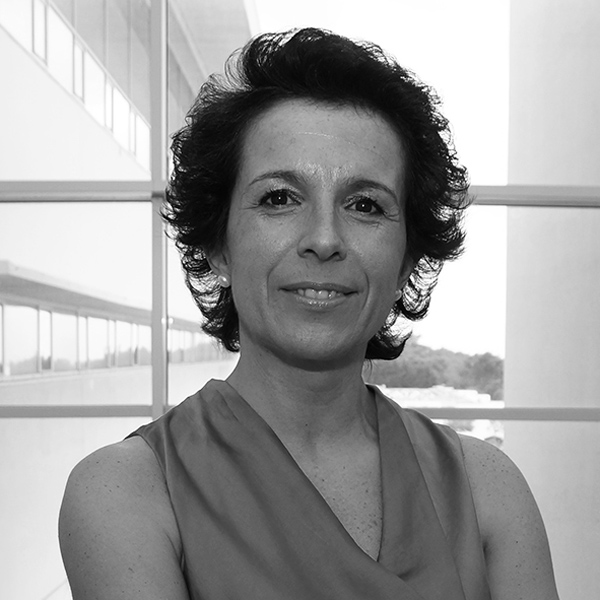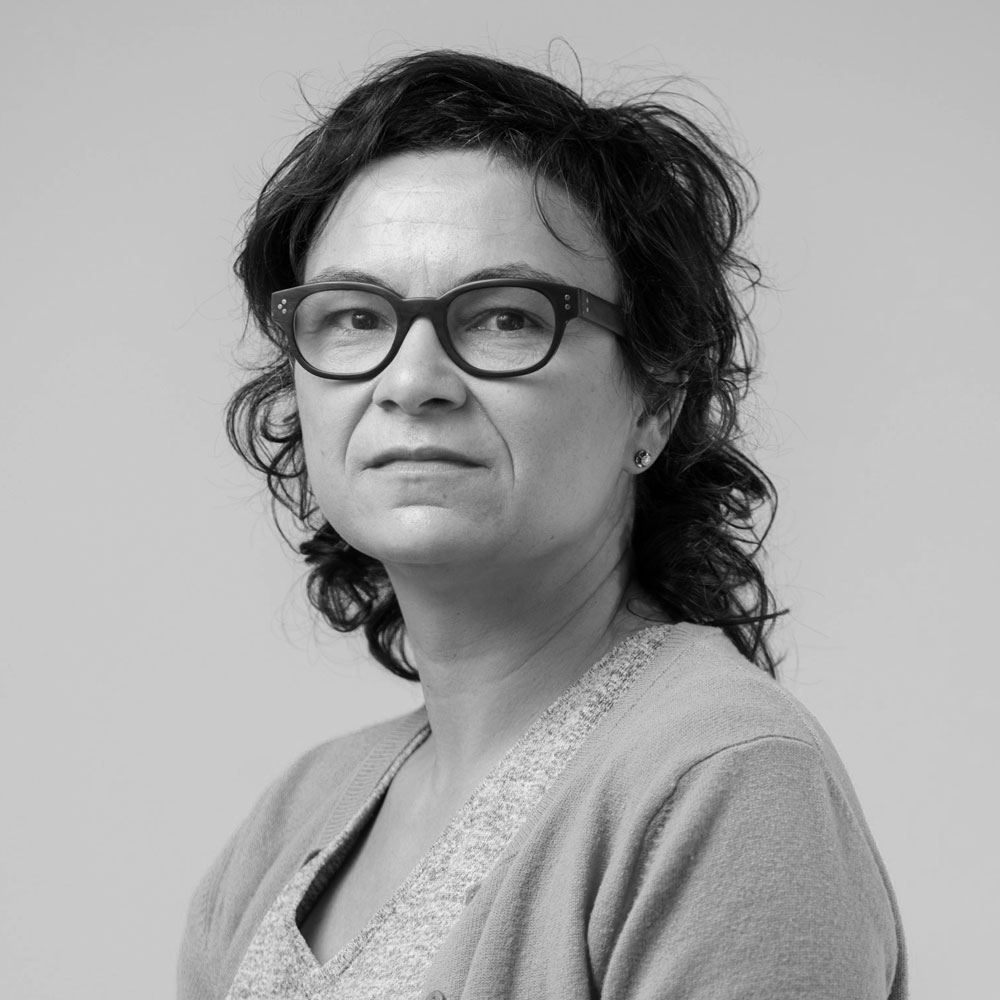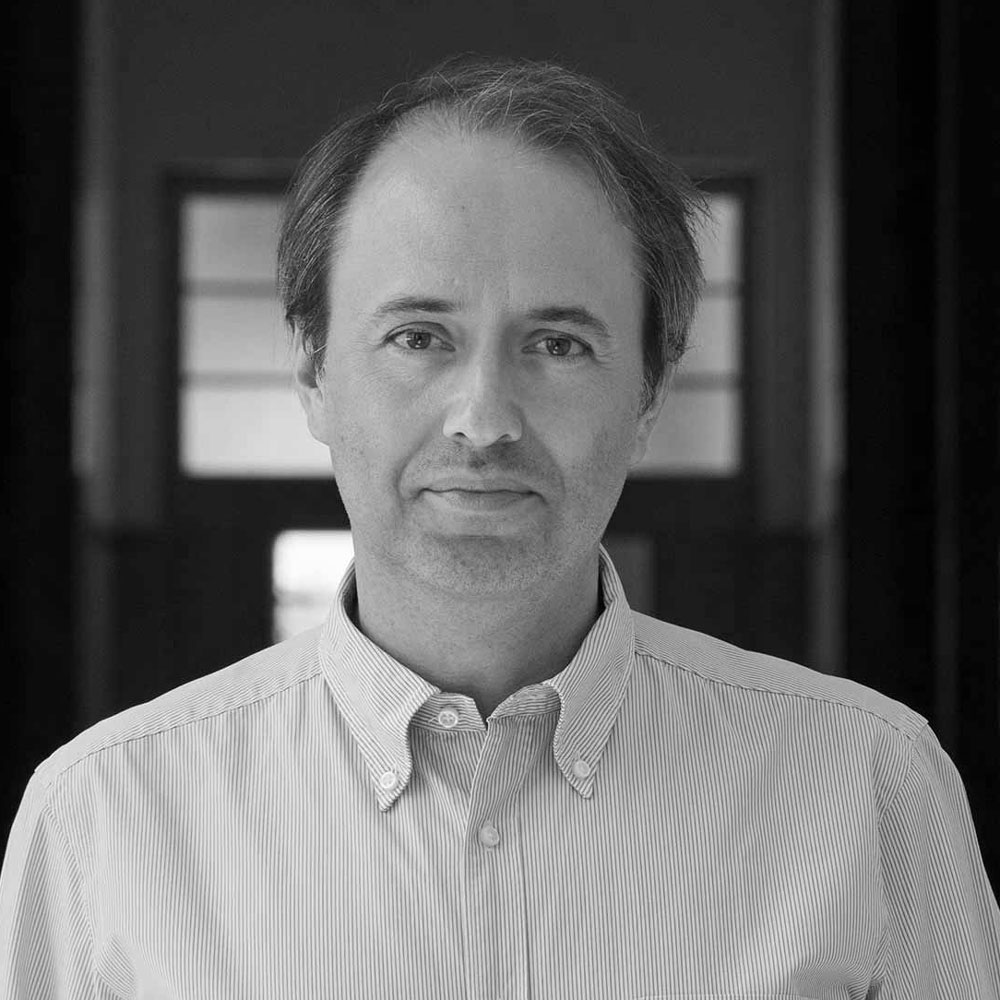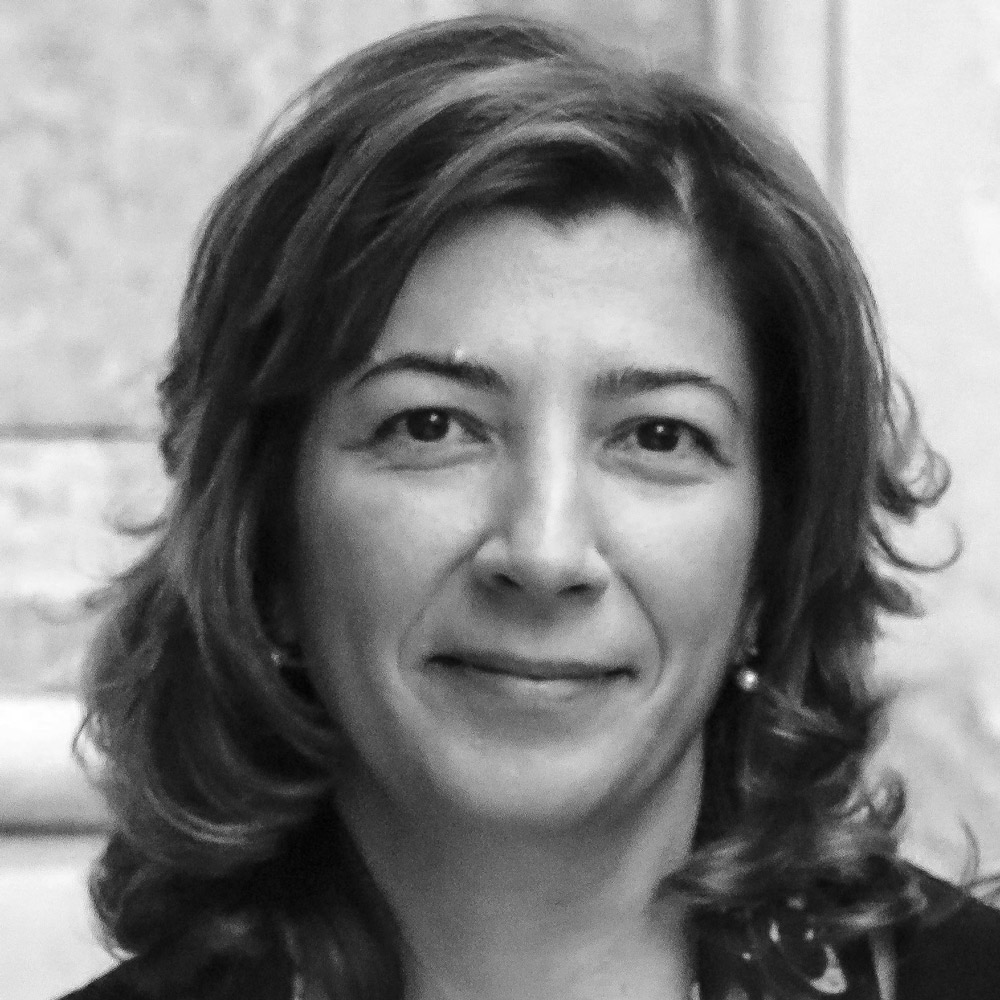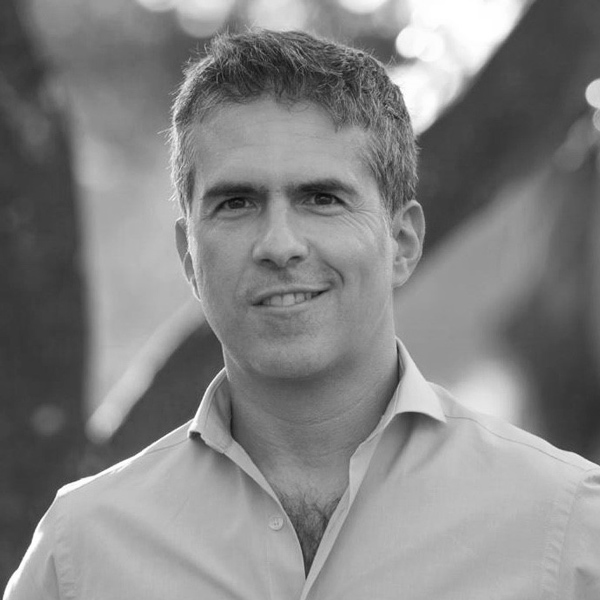
The state of the future: A commitment between generations
Event Slider
Date
- / Cancelled / Sold out
Location
Auditorium 2 Calouste Gulbenkian FoundationTRANSMISSION
The event will be broadcast live via the Foundation’s Youtube and will be available at this page.
What are the main inequalities between generations? Is there employment for the most educated generation ever? Are public finances sustainable on the long run? What natural resources are we leaving for future generations? And how to assess if a policy is fair for all generations?
For a whole day, the discussion will focus on a new social contract that ensures a fairer future for all generations.
The Calouste Gulbenkian Foundation, through the Future Forum, has been developing since 2018 an initiative with the aim of bringing Intergenerational Fairness to the public discussion and to the political agenda.
In this scope, the Foundation promoted several studies that analyse the main inequalities between generations in different areas of public policy: housing, public finances, labour market, and environment. Besides, and to encourage fair public policies for all generations, we identified the factors that contributed to the implementation of long-term policies and created a methodology that assess the impact of public policies on the present and future generations.
This event, commissioned by Pedro Pita Barros, closes five years of work dedicated to intergenerational justice.
SIMULTANEOUS TRANSLATION
LISTENTRANSMISSION
https://youtu.be/N8nKPBWIOls
SPEAKERS
PUBLICATIONS
VIDEOS
Programme
09:10 – 09:30 Opening
Marcelo Rebelo de Sousa, President of the Portuguese Republic (video)
Isabel Mota, President of the Calouste Gulbenkian Foundation Board of Directors
09:30 – 09:50 Introduction
Pedro Pita Barros, Commissioner for the conference
Luís Lobo Xavier, Coordinator of the Intergenerational Fairness project
09:50 – 10:35 Is there employment for the most educated generation ever?
Pedro S. Martins, NOVA SBE
João Cerejeira, University of Minho
The discussion of this panel is based on the results of the study “The Intergenerational Fairness of Labour in Portugal“.
10:35 – 11:20 Buying a house at 30 years old? Or staying at the parents’ home?
Romana Xerez, ISCSP
Susana Peralta, NOVA SBE
Adolfo Mesquita Nunes, Former Deputy
The discussion of this panel is based on the results of the study “Home ownership in Portugal“.
11:20 – 11:45 Coffee Break
11:45 – 12:30 Are public finances sustainable on the long run?
Francesco Franco, NOVA SBE
Catarina Reis, Católica Lisbon SBE
Mariana Mortágua, Deputy
The discussion of this panel is based on the results of the study “Public Finances An intergenerational perspective“.
12:30 – 13:15 What natural resources are we leaving for future generations?
Tiago Domingos, Instituto Superior Técnico
Antonieta Cunha-e-Sá, NOVA SBE
Jorge Moreira da Silva, Director of the Development Co-operation Directorate at OECD
The discussion of this panel is based on the results of the study “Environmental Boundaries. The Intergenerational Impacts of Natural Resource Use“.
13:15 – 14:30 Lunch Break
14:30 – 15:30 Fair public policies for all generations
An assessment framework
Cat Zuzarte Tully, School of International Futures (SOIF)
Vanda Cunha, Bank of Portugal
Ana Furtado, Court of Auditors
Ariana Paulo, Council of Public Finances
The discussion of this panel is based on the Framework for Intergenerational Fairness developed in the scope of the project.
15:30 – 16:10 Fair public policies for all generations
International experiences
Jane Davidson, Former Cabinet Minister for Environment and Sustainability in Wales
Moritz Ader, OCDE
António Vicente, Future Forum Scientific Committee
16:10 – 16:30 Coffee Break
16:30 – 17:30 What do the youth think? And the elders?
Margarida Gaspar de Matos, Instituto de Saúde Ambiental da FMUL
Cátia Branquinho, Faculdade de Motricidade Humana – UL
Focus groups’ participants
The discussion of this panel is based on the results of the study “A Vision of the Youth on Intergenerational Justice – #GenerationsWithAVoice“.
17:30 – 18:10 Governing for the next election or for the next generation?
Catherine Moury, NOVA FCSH
Lídia Pereira, Eurodeputy
Miguel Costa Matos, Deputy
Raquel Vaz Pinto, Future Forum Scientific Committee
The discussion of this panel is based on the results of the study “Governing for the next election or for the next generation? The case of Portugal (1995-2019)“.
18:10 – 18:30 For a fairer future for everyone
Pedro Pita Barros, Conference commissioner
Luís Lobo Xavier, Coordinator of the Intergenerational Fairness Project
Miguel Poiares Maduro, President of the Scientific Commission of the Future Forum


